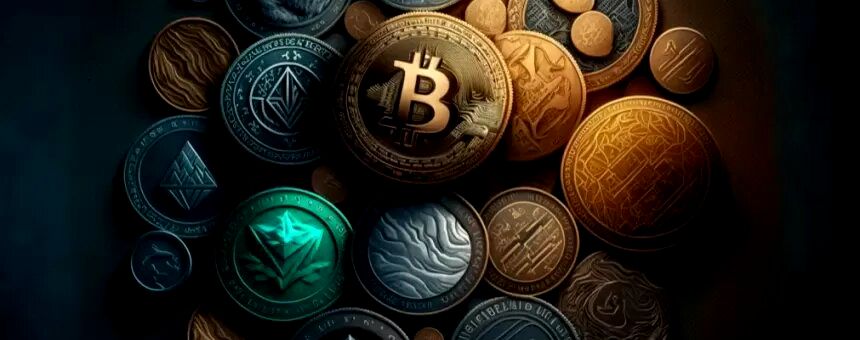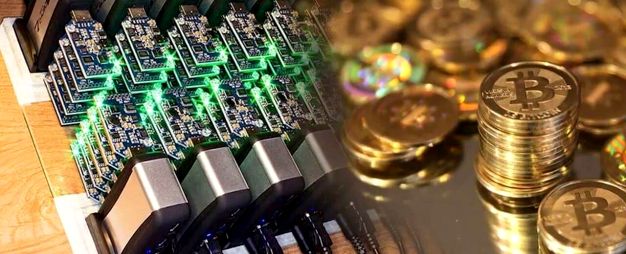What is cryptocurrency?

Cryptocurrency, also frequently simply called “crypto” (also digital currency or, erroneously, cyber currency) is an onetary system that exists online and relies on blockchain technologies and cryptography to function: for preventing malicious activities and transaction verification
The vast majority of digital currencies use decentralized architecture - they don’t have an authority regulating their operation, relying on a peer-to-peer structure to govern themselves. However, decentralization is not mandatory by the cryptocurrency definition and there are plenty of examples of partially or even fully centralized ones.
What does crypto have to offer?
Cryptocurrencies were created as a more egalitarian solution compared to the traditional financial systems, regulated by banks and grant a number of practical advantages:
- Decentralization. The lack of a unified governing body eliminates the risks of power abuse or mishandling of the payment system.
- Protection from inflation. Unlike fiat money, new units are not issued just at a whim of a governing organization.
- Cost-efficiency. Fees do not depend on the transferred amount. Thus, blockchains are more cost-efficient than banks for large transfers. And in the case of international transfers, this advantage becomes even more pronounced.
- Unstoppable transfers. A valid transaction cannot be stopped or reversed by any governing body. Basically, the value will always reach its recipient.
- Lack of bureaucracy. Even the largest transfers are performed easily and without any paperwork.
- Digital currencies ignore national borders. It doesn’t matter whether you send funds within one country or across the globe - the process is the same.
- Higher level of security. Total encryption paired with lack of a single point of failure make digital payment systems more secure and reliable.
What is a cryptocoin?
A crypto coin is a unit of value acting as money in the respective blockchain network. BTC (Bitcoin) in the case of Bitcoin or ETH (Ether) inthe case Ethereum are good examples.
However, do not mix up coins with tokens. A token is also a unit of value, but it doesn’t have its own blockchain, it works in another network. In addition, tokens have much wider utility. For example, it is possible to use tokens as a company share or as an access key to certain services.
How is cryptocurrency produced?
Coins are produced via mining. Network participants (nodes) validate transactions, add them to blocks, add new blocks to the chain, and are rewarded with newly issued units.
In order to determine, which node gets the right to add the new block and receive rewards, a mathematical problem must be solved by the node in addition to validating transactions. The complexity and specifics of these calculations depend on the consensus protocol used by the network in question.
How can you earn on crypto?
There is a wide variety of ways available:
- Cryptocurrencies that you’ve mined or received in any other way can be sold for fiat
- Coins are traded on exchanges just like any other type of asset. In fact, trading is one of the most popular ways of earning using digital assets.
- Investments in crypto projects bring hefty profit
- Users can earn interest on lending platforms by providing loans to their peers
- Cryptoexchanges allow users to provide liquidity and earn interest
- And a multitude of other ways
In addition, it is very well possible to use cryptocurrencies as money without exchanging: a variety of goods and services can be purchased for digital money all over the world: from subscriptions to streaming services to ordinary cups of coffee.







